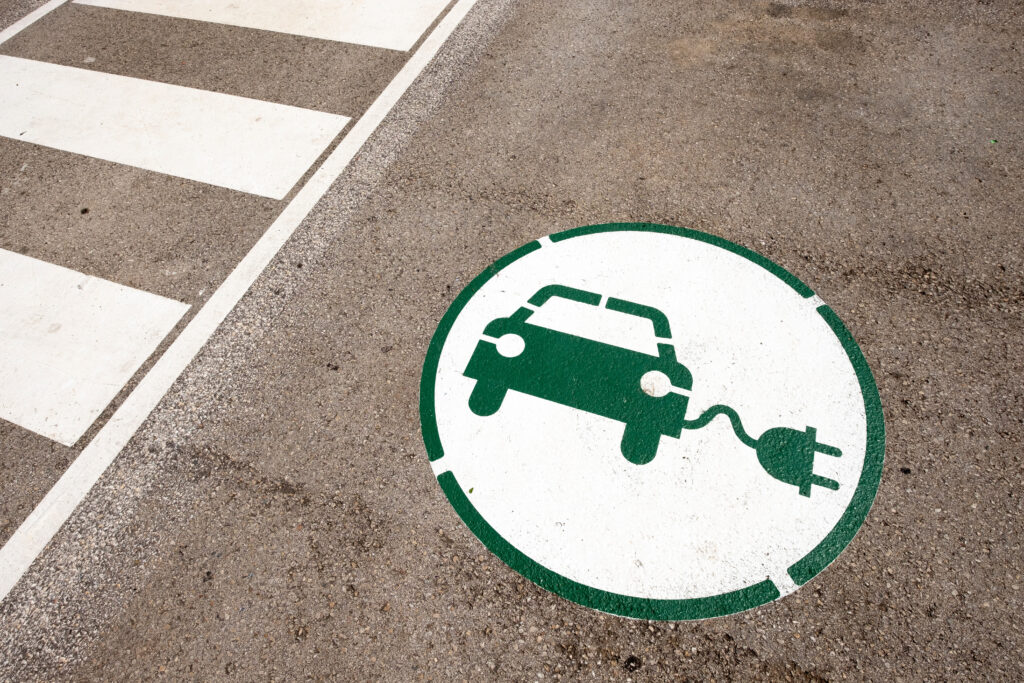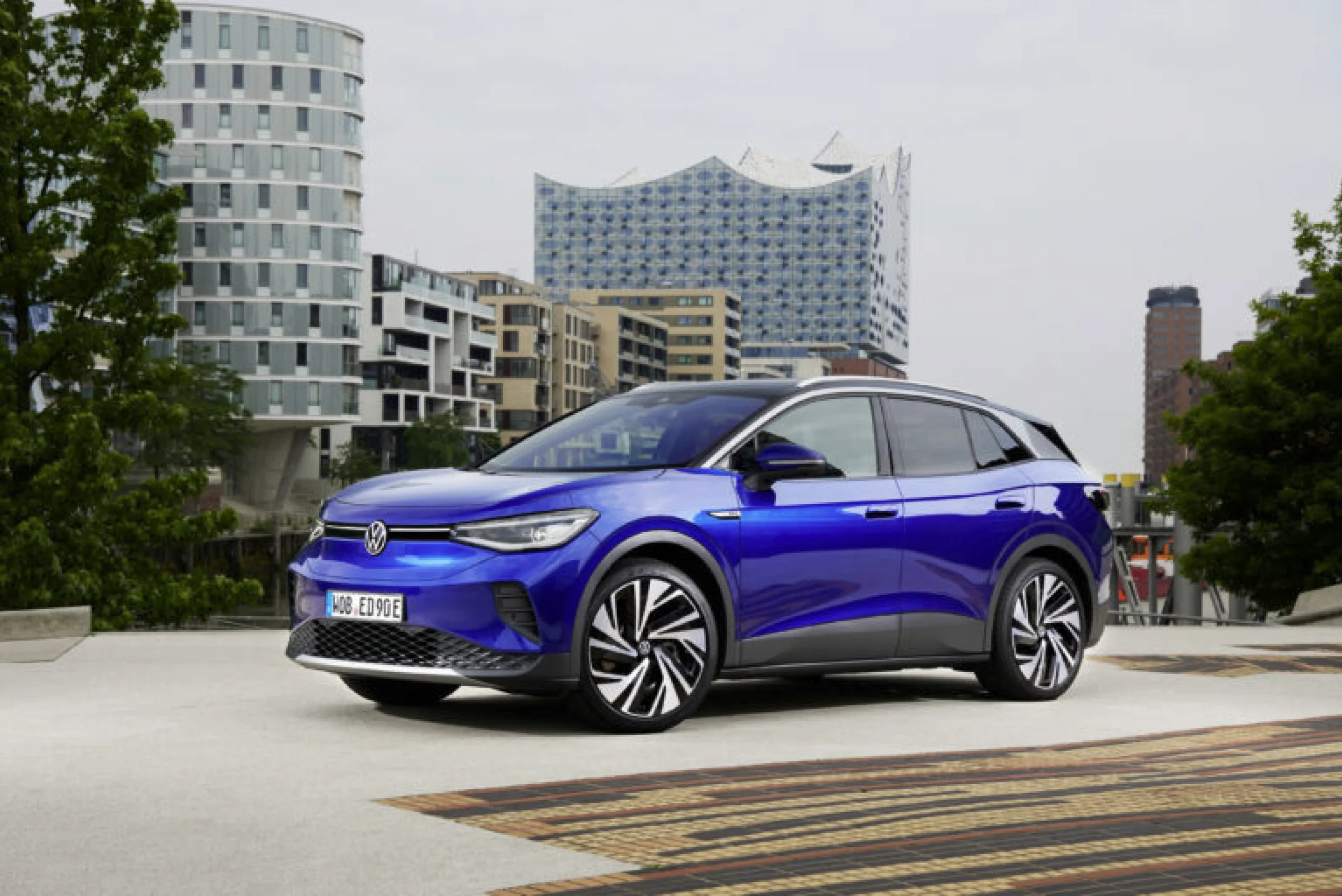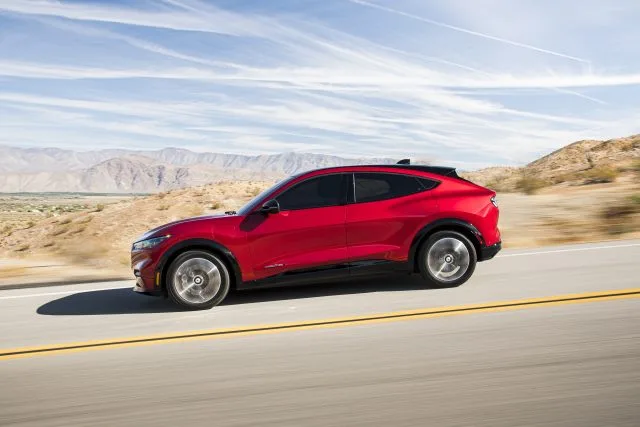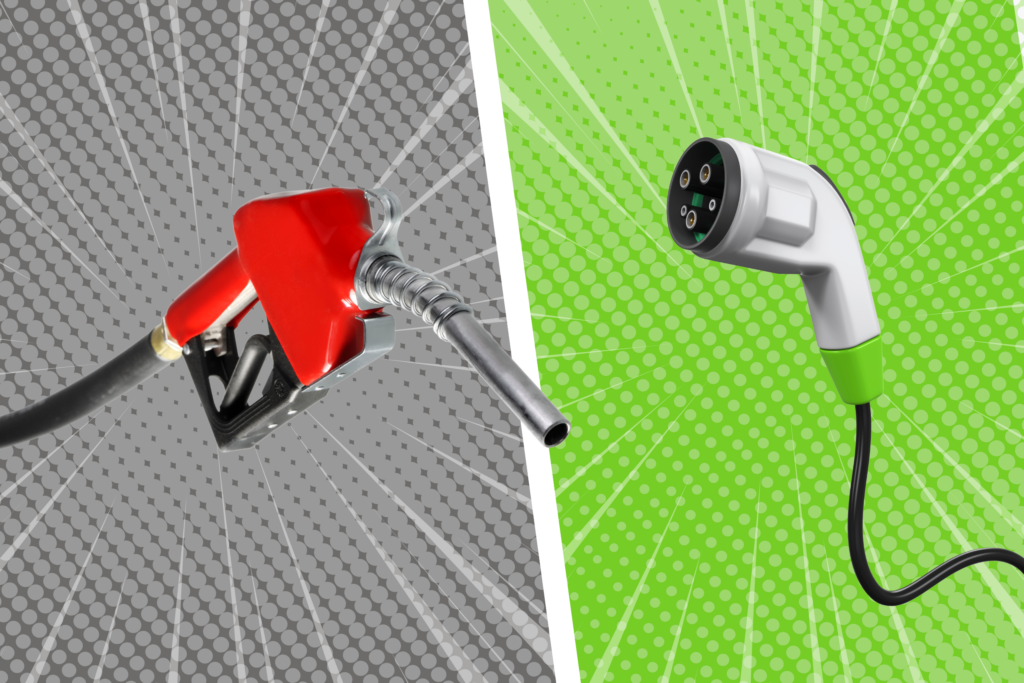
The U.S. Department of the Treasury has announced that new rules for the electric vehicle tax credit will take effect on April 18, 2023. The changes aim to encourage domestic production of electric vehicles. But, in the short term, fewer cars will be eligible for the credit.
Here’s what the changes do and what they mean for you.
The Inflation Reduction Act of August 2022 revamped the electric vehicle tax credit. Some changes have taken effect already, including limiting eligibility to taxpayers below certain income thresholds and vehicles below certain thresholds for manufacturer’s suggested retail price.
The legislation also revamped the entire structure of the tax credit to increase domestic production of electric vehicles. Effective immediately, a vehicle’s final assembly has to take place in North America. But many other revisions were delayed until the Treasury Department released its final regulations.
Now that those regulations are out, the entire structure of the tax credit is changing. Previously, the amount of the credit was based on how far the vehicle could travel on just electric power, with a maximum credit of $7,500. Now, there will be two $3,750 credits – one based on the sourcing of battery components and one for critical minerals like lithium and cobalt. If a vehicle meets just one condition, it could merit a $3,750 credit; if it meets both conditions, the credit could be worth $7,500.
Battery components: 50% of the value of the battery components must be either manufactured or assembled in North America. That percentage increases gradually each year until 2029, when 100% of the battery components must meet that standard.
Critical minerals: 40% of the value of the battery’s critical minerals must be extracted or processed in the U.S. or a country that has a free trade agreement with the U.S. – or else, be recycled in North America. That percentage increases gradually each year until 2027, when 80% of the critical minerals must meet that standard.
These numbers were already put in place by the Inflation Reduction Act, so what was the holdup? The Treasury Department needed to figure out how to value the battery components and critical minerals, as well as determine which countries have applicable free trade agreements and other technicalities that are mainly of interest to manufacturers.
AAA’s Recommendation: Whether you own an electric vehicle or a gas-powered car is up to you – and you should consider lots of factors in making that choice. No matter what type of vehicle you’re choosing, we recommend visiting a dealership, test driving one, and asking as many questions as possible to make an informed decision.





















